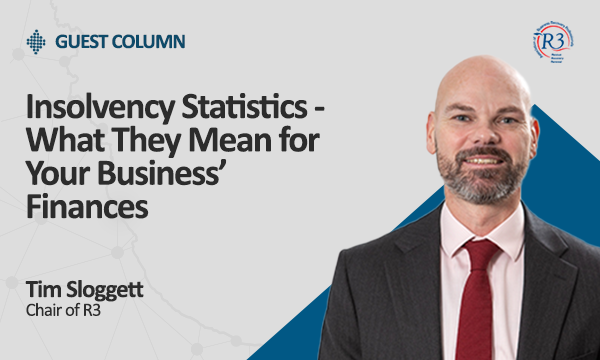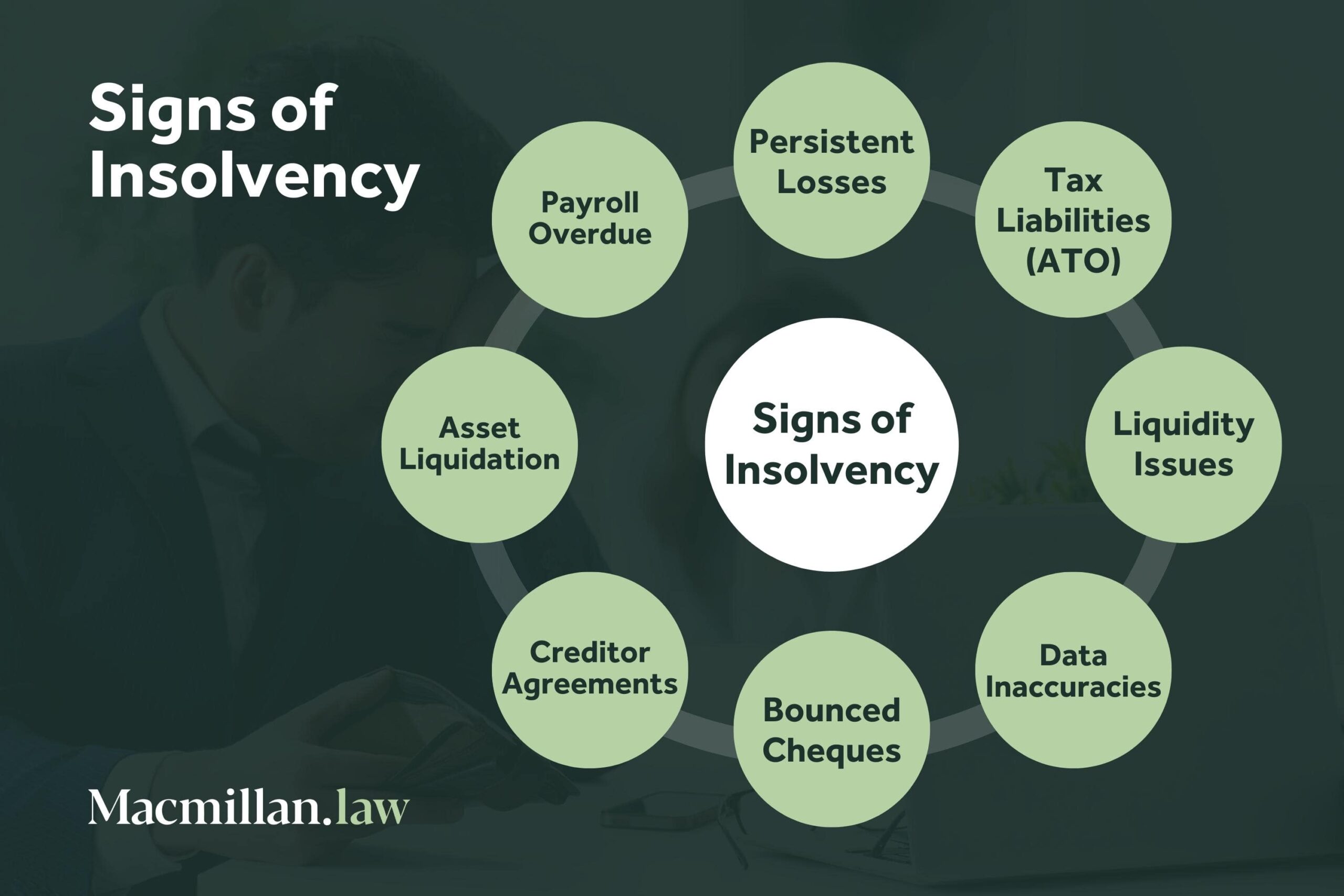7 Simple Techniques For Insolvency Practitioner
7 Simple Techniques For Insolvency Practitioner
Blog Article
The 25-Second Trick For Insolvency Practitioner
Table of ContentsInsolvency Practitioner Fundamentals ExplainedEverything about Insolvency PractitionerUnknown Facts About Insolvency PractitionerThe Greatest Guide To Insolvency PractitionerOur Insolvency Practitioner IdeasEverything about Insolvency PractitionerInsolvency Practitioner Things To Know Before You BuyThe 20-Second Trick For Insolvency Practitioner
Bankruptcy is the process wherein a firm is ended up and its possessions are sold off to pay creditors. This is usually the last option, as it can have a really adverse impact on the company's reputation. Receivership occurs when a firm is not able to pay its financial obligations and is placed under the control of an external manager.Voluntary administration is comparable to receivership, however it is initiated by the supervisors of the company instead than the lenders. This option is often made use of when a business is facing economic problems but there is still really hope that it can be reversed. Corporate bankruptcy is a complex and significant problem that can have far-reaching ramifications for businesses of all dimensions.
10 Simple Techniques For Insolvency Practitioner
With the best assistance, you can guarantee that your company has the best possibility of weathering this tough time.
Whatever your factor for shutting your organization, there are several considerations you need to deal with before 'closing the doors'. There's also a great deal you can do to make the procedure much less demanding and get much better end results. Closing down your organization is not nearly fulfilling the useful and legal demands.
The Definitive Guide to Insolvency Practitioner
Look after your staff members As a company, you require to keep an eye on and supply support to your employees during this demanding time. Know any type of possible health and wellbeing concerns they may experience due to the fact that of: task insecuritytransitioning with the sale of the businesschange in owners. You can: There are generally 2 circumstances in which you would voluntarily shut your organization.
You additionally: don't desire to, or can't, market the businesshave no-one to take it over. You may be shutting your service because: it's not covering its expenses and operating costsyou can't maintain the operating expenses while attempting to offer it.
This might avoid you from coming to be financially troubled or insolvent, and help you to leave business without any type of durable effects. There are several things you require to address prior to shutting your business. It is essential to have an exit technique. Your accounting professional, solicitor or service adviser will have the ability to aid you with this.
Some Of Insolvency Practitioner
Depending on your lawful structure, all or some of the adhering go right here to factors may apply to you when you willingly close your service. Talk to your accountant, solicitor and service adviser about lawful needs for closing your service (Insolvency Practitioner).
You must finalise all tax issues for your company, even if it's no longer trading. This includes your responsibilities relating to settlement of: edge advantages taxpay-as-you-go (PAYG)superannuationemployment discontinuation.
Not known Facts About Insolvency Practitioner

If you try to handle it on your own, you'll require to connect with every creditor individually to try to discuss normal settlement amounts. Insolvency or insolvency advisors can: assistance you via the processhelp you recognize your optionsnegotiate with your creditors in your place. They hold particular licences and certifications in this specialized area.
It's important to acknowledge economic problem early Website so you can look at ways to avoid bankruptcy. You must likewise be aware of creditors placing queries or defaults against your credit scores file.
Insolvency Practitioner Things To Know Before You Get This
Personal bankruptcy for sole investors and individuals within collaborations Personal bankruptcy procedures relate to: Before beginning an individual insolvency procedure, it is essential to recognize the: effect of the consequenceshow long the influence will be. Effects can include: a record on your credit scores filenot having the ability to obtain financehaving rental applications rejectedrestrictions on future employmentinability to be a supervisor of a business.

The smart Trick of Insolvency Practitioner That Nobody is Talking About
Company bankruptcy and liquidation An 'insolvent business' is incapable to pay its financial obligations or cover the price of its overheads. In some circumstances, bankrupt companies may enter into liquidation. Liquidation is when an independent registered liquidator is designated to take control over the firm and wind up the company service in an organized way.
As noted in the Intro, while the record shares certain preferences relative to several of the more crucial of these selections, it does not try to establish standards in this complicated location. It might need to be updated in the future to take into account developments in this area.
A Biased View of Insolvency Practitioner

Report this page